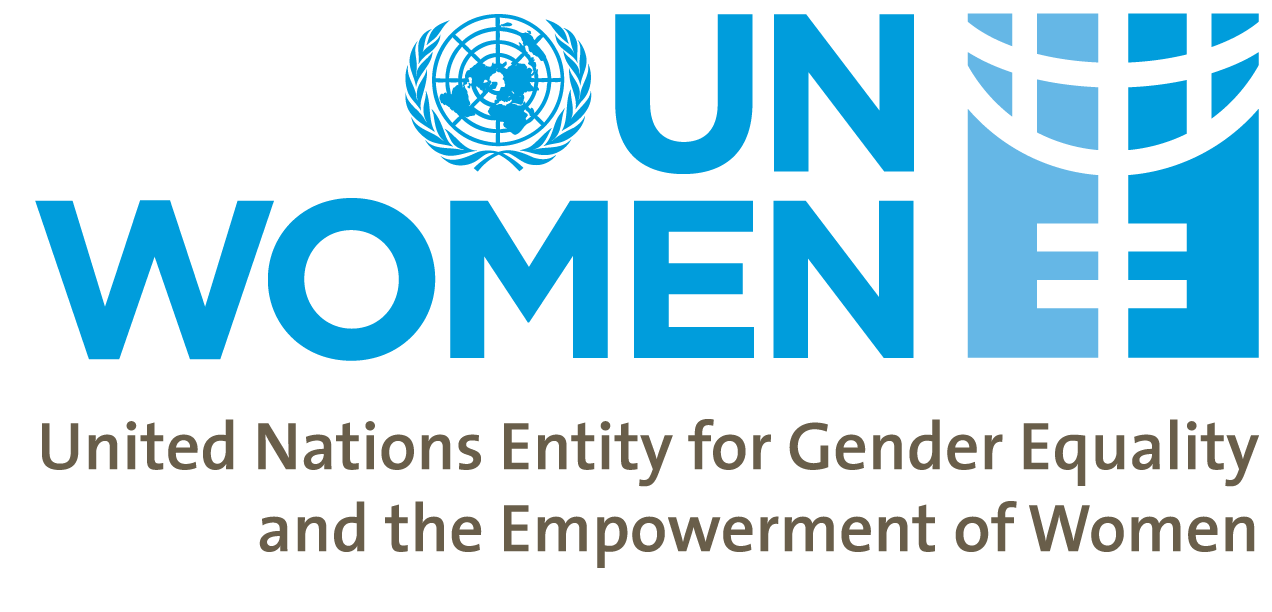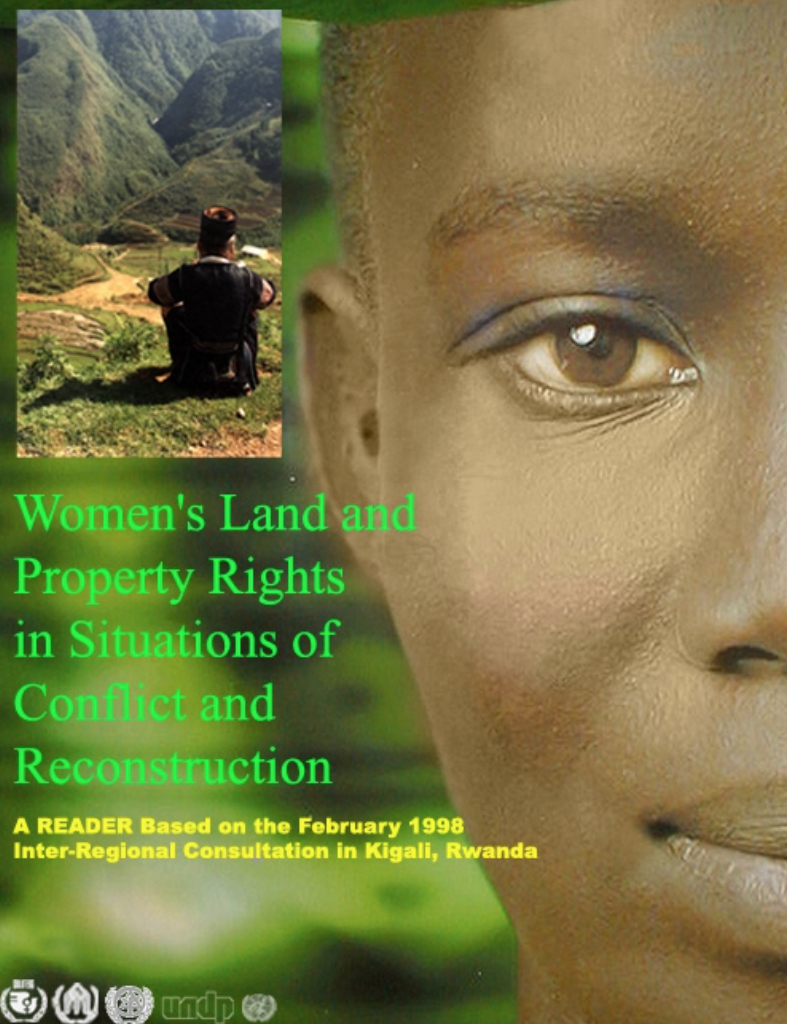In July 2010, the United Nations General Assembly created UN Women, the United Nations Entity for Gender Equality and the Empowerment of Women.
In doing so, UN Member States took an historic step in accelerating the Organization’s goals on gender equality and the empowerment of women.
The creation of UN Women came about as part of the UN reform agenda, bringing together resources and mandates for greater impact. It merges and builds on the important work of four previously distinct parts of the UN system, which focused exclusively on gender equality and women’s empowerment:
- Division for the Advancement of Women (DAW)
- International Research and Training Institute for the Advancement of Women (INSTRAW)
- Office of the Special Adviser on Gender Issues and Advancement of Women (OSAGI)
- United Nations Development Fund for Women (UNIFEM)
The main roles of UN Women are:
- To support inter-governmental bodies, such as the Commission on the Status of Women, in their formulation of policies, global standards and norms.
- To help Member States to implement these standards, standing ready to provide suitable technical and financial support to those countries that request it, and to forge effective partnerships with civil society.
- To hold the UN system accountable for its own commitments on gender equality, including regular monitoring of system-wide progress.
Members:
Resources
Displaying 21 - 25 of 33Más desposeídas que propietarias: el acceso a la tierra, tambien una cuestión de género
Fortalecer la seguridad y los derechos económicos de las mujeres es una labor prioritaria para el Fondo de Desarrollo de las Naciones Unidas para la Mujer (Unifem). De allí que los objetivos de la AGEM se han centrado en analizar los efectos que en las mujeres centroamericanas producen las políticas económicas, para promover así la formulación de políticas públicas orientadas a lograr su autonomía económica.
El acceso y el control de los recursos por parte de las mujeres: un desafío para la seguridad alimentaria
Durante los últimos años, ya sea con motivo de la crisis de materias primas, la crisis financiera o medioambiental, se han registrado una serie de crisis que han impactado en la seguridad alimentaria del mundo. En 2009, el número de personas que pasaron hambre en el mundo, aumentó.
Aporte de ingreso económico de las mujeres rurales a sus hogares
La finalidad del documento es incursionar en países seleccionados de América Latina sobre el aporte de las mujeres rurales a través de sus ingresos a diferentes tipos de hogares como uno de los aspectos económicos importantes para visualizar su aporte y fomentar la elaboración de políticas públicas que beneficien a las mujeres: en el empleo, en el mejoramiento de sus condiciones de trabajo y como productoras, contando con un mayor a acceso al crédito, a la tierra, a los recursos naturales y tecnológicos.
Women’s Land and Property Rights in Situations of Conflict and Reconstruction
Women constitute the majority of small farmers, particularly in sub-Saharan Africa. Yet, in countries around the world, they continue to be denied the right to own the ground that they cultivate and on which they raise their families. This publication, “Women’s Land and Property Rights in Situations of Conflict and Reconstruction,” presents a diversity of views and experiences that describe the multiple strategies being used in countries worldwide to secure women's rights to land and property.
References to land in the Beijing Platform for Action
The Beijing Platform for Action, an agenda for women's empowerment, spelled out a set of objectives and actions to be taken by governments, the international community, non-governmental organisations and the private sector to overcome obstacles to women's equality. Amongt the critical areas of concern relevant to women's land rights mentioned in the document are the following:





